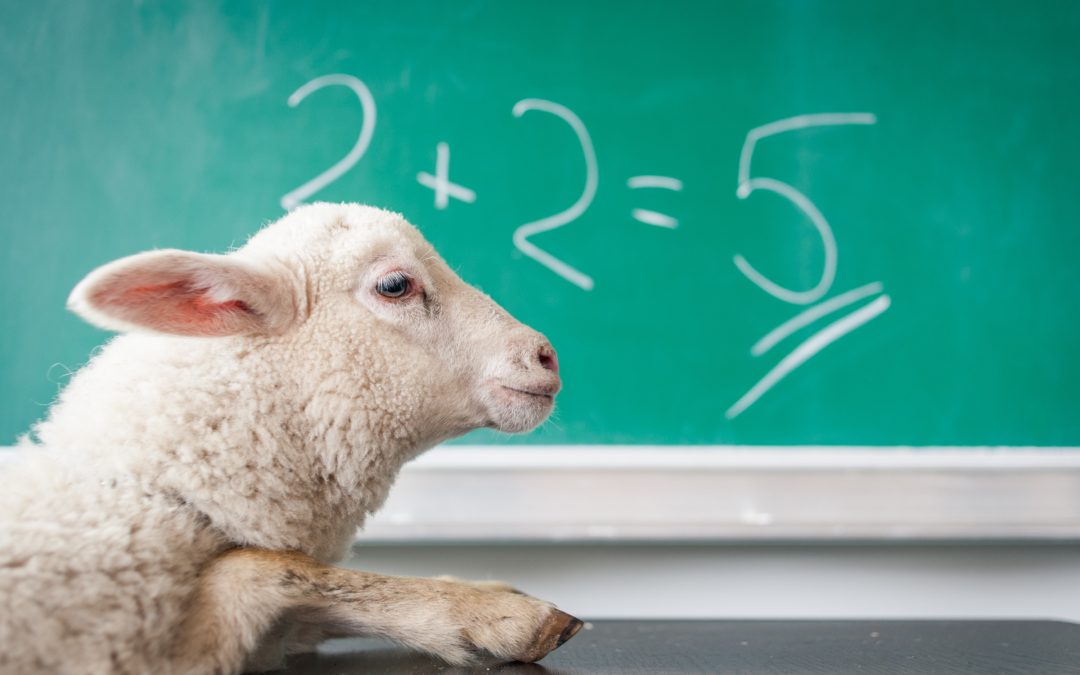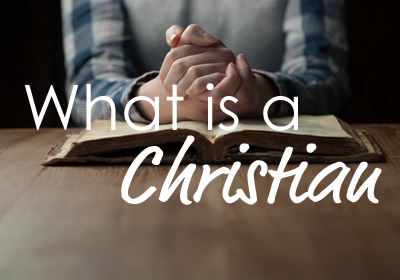The book of Ecclesiastes is found among the wisdom literature of the Bible, which is primarily interested in outlining what constitutes wise choices in life, as opposed to foolish choices. According to the Bible, the ‘fool’ is the person who continues to make wrong choices, in spite of the damage it continues to inflict. A modern-day equivalent would be someone who continues to smoke cigarettes, even though all the medical data concludes it will cause serious health issues and most likely an early and painful death.
Yet in Eccles chapter 8, Qohelet says wisdom is not the be-all and end-all. The reason being, there are terrible things that continue to occur in life that are simply beyond human comprehension. Since humans are not God, we cannot know everything there is to know. Hence Qohelet’s exhortation not to be ‘overwise’ (Eccles 7:16). Thinking we can sort all of life’s problems out through wisdom will only leave us exhausted and despondent.
Yet Qohelet’s conclusion in chapter 10 is that wisdom is still better than folly. While wisdom does have it’s limitations; heeding words of wisdom makes for a much happier and fulfilling life. He outlines several areas of life in which poor choices make everything worse, such as politics, work, words and plotting evil against others (e.g. digging a pit). At every point Qohelet concludes that foolish choices will leave individuals, as well as society at large, much worse off.
Qohelet’s conclusion; ‘don’t be stupid’! Work hard at determining what are the wise choices in life, then live according to those wise choices. And where does this wisdom come from? According to the Apostle Paul, Christ is the wisdom of God (1 Cor 1:24). Christ’s wisdom is usually in opposition to society’s wisdom. But if someone is living according to Christ’s word, they are in better place to live the wise life.






